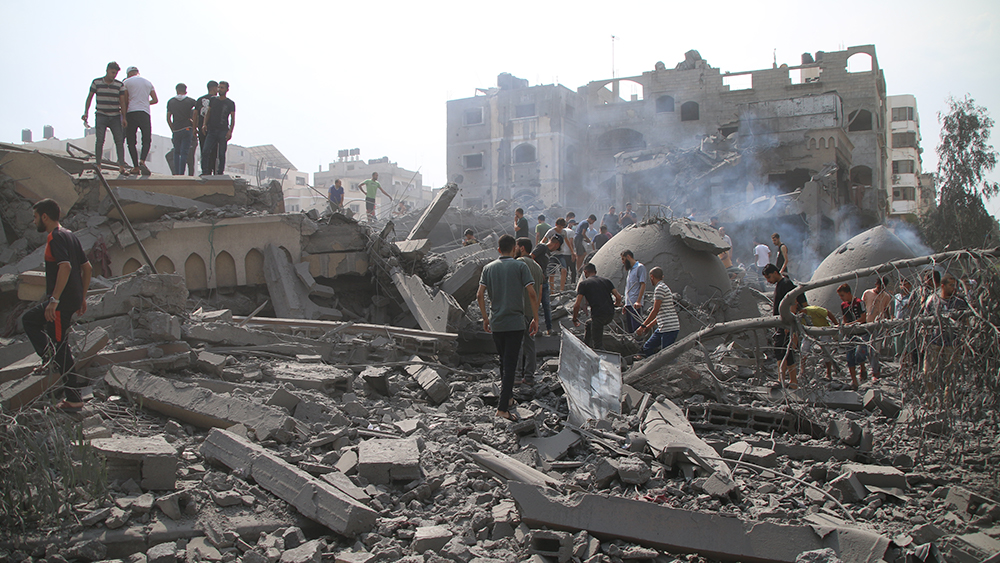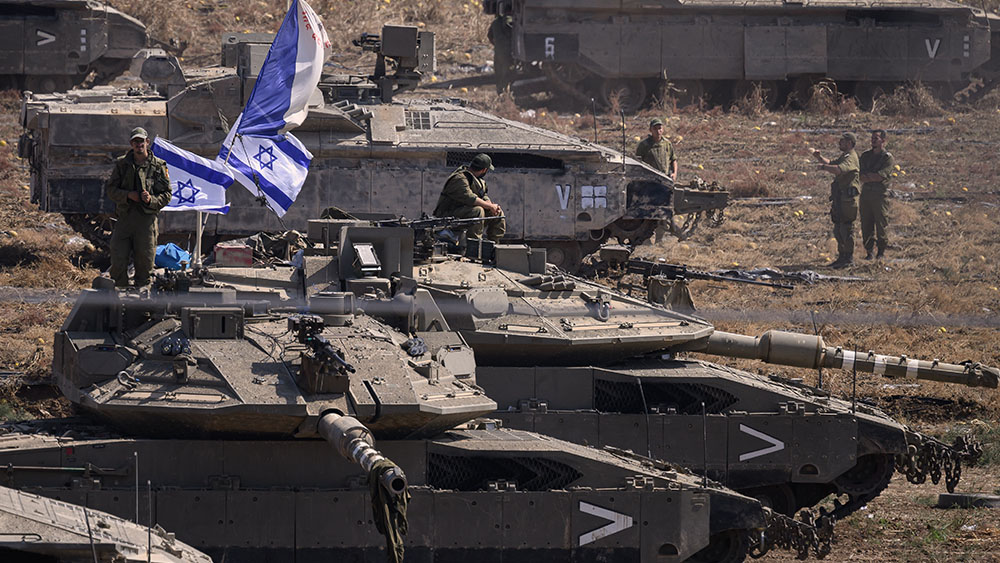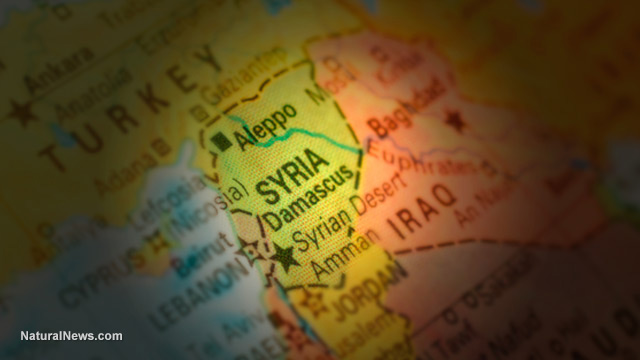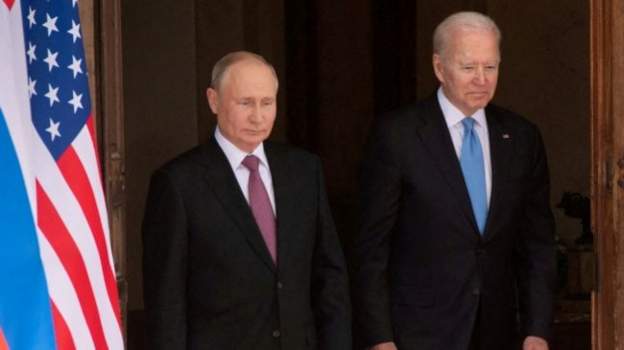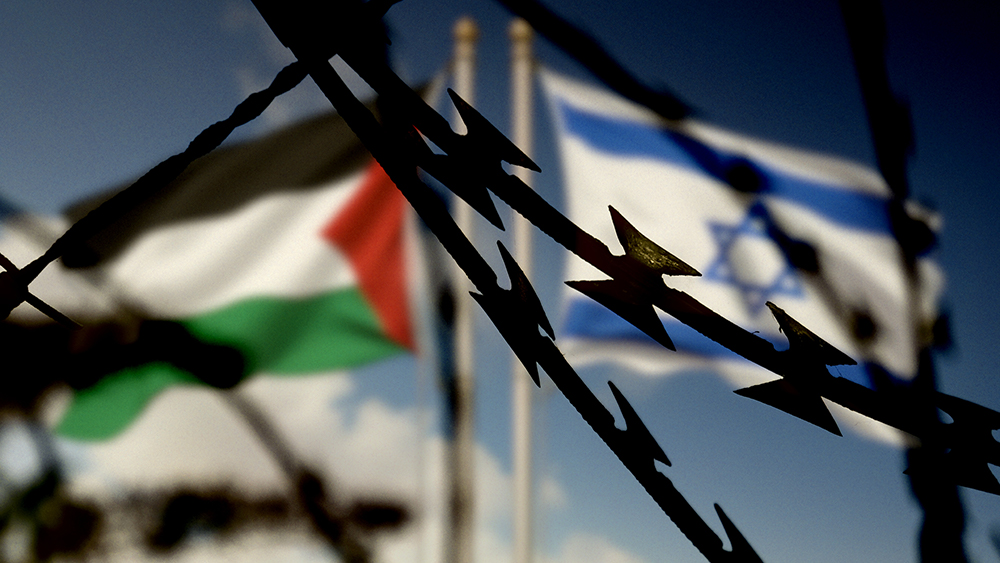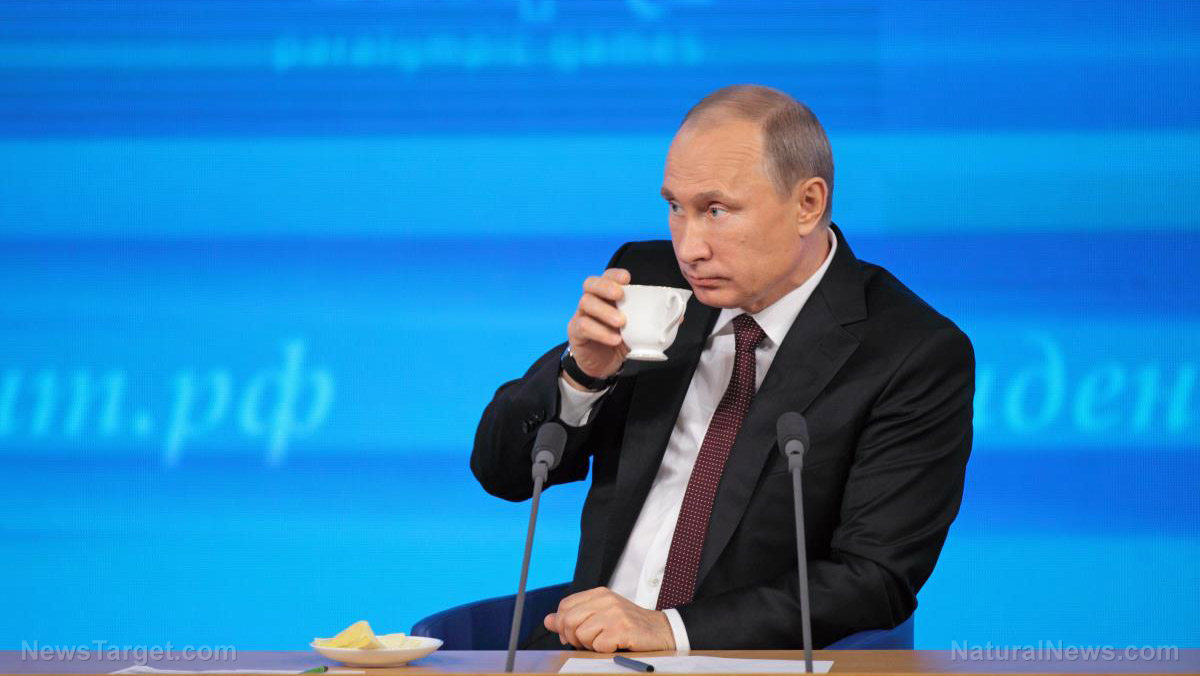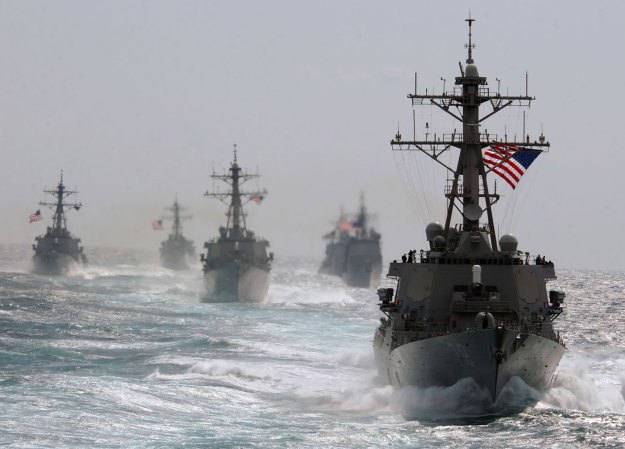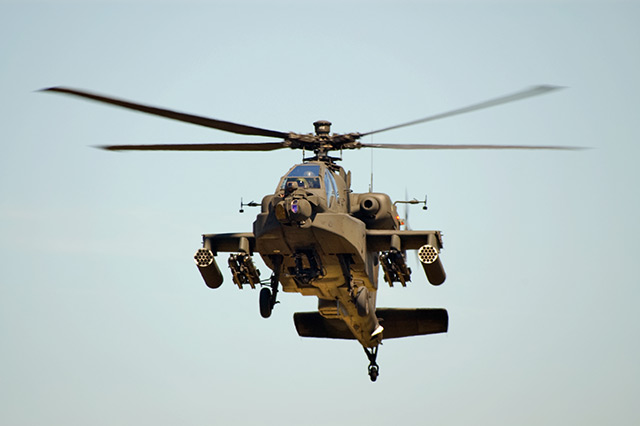Russian Foreign Minister Sergey Lavrov accuses West of sowing chaos globally to advance interests
01/02/2024 / By Richard Brown
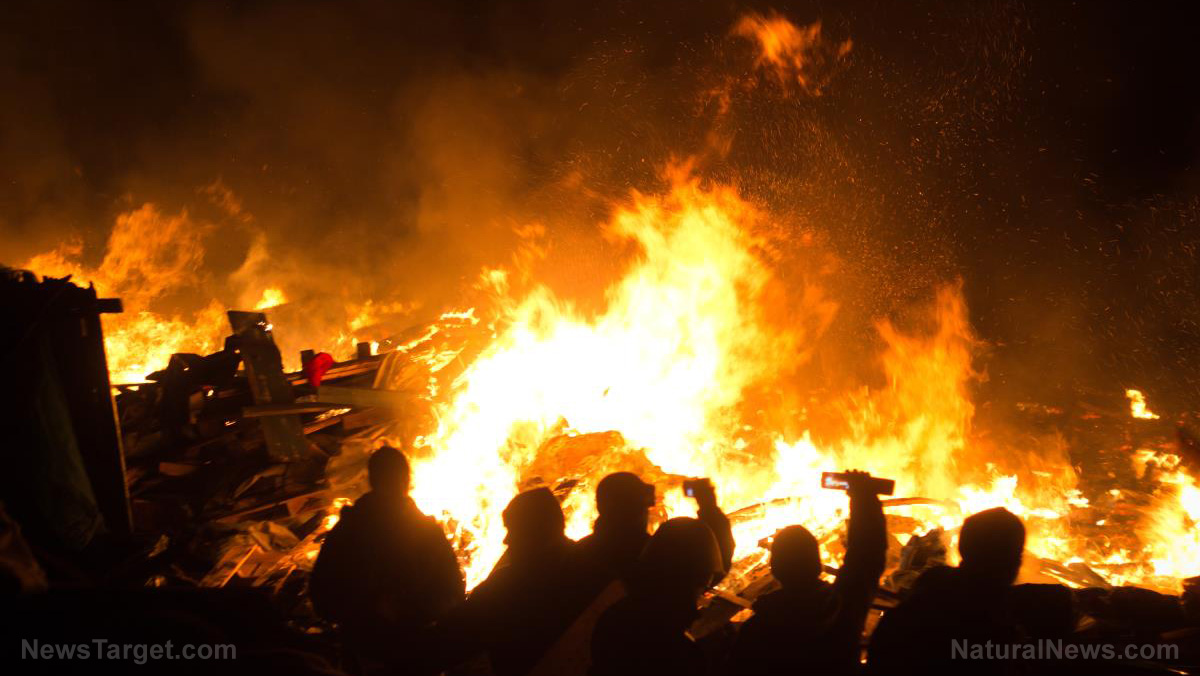
Russian Foreign Minister Sergey Lavrov has leveled accusations against the West, asserting that it is intentionally sowing chaos globally by fueling conflicts to advance its interests, often at the expense of other nations.
Lavrov’s remarks come amid a growing chorus from countries like Russia, China and India, advocating for a reshaped global political model that prioritizes fairness and equity.
In an interview published by TASS news agency, Lavrov said: “The world remains in a turbulent state. And one of the reasons for that is the ruling class in the West, which is provoking crises thousands of kilometers away from their own borders in order to achieve their own goals at the expense of other nations.”
As the West grapples with its diminishing dominance, Lavrov emphasized that no one is immune to its geopolitical maneuvers. He pointed out that this realization is gaining traction globally, with more nations acknowledging the consequences of Western actions.
Lavrov anticipates that Western countries will eventually need to come to terms with the realities of a multipolar world. In such a scenario, he envisions issues being resolved based on a balance of interests rather than unilateral dominance.
The Russian official specifically blamed the West for instigating the Russia-Ukraine conflict, citing the enlargement of the North Atlantic Treaty Organization (NATO) and the transformation of Ukraine into an anti-Russian bulwark as contributing factors. He also held the West responsible for the “escalation” between Israel and Palestine.
In the context of the Israel-Gaza conflict, Russia has advocated for an immediate ceasefire, a stance aligned with several United Nations Security Council resolutions.
However, the U.S. has consistently blocked these resolutions, arguing that a ceasefire at this point would primarily benefit the militant group Hamas. (Related: Lawless in Gaza: Why Britain and the West back Israel’s crimes.)
Despite UN warnings about the escalating death toll in Gaza, Israel and the U.S. maintain their position against an immediate cessation of hostilities.
History of Western interventions
The Middle East has been a theater for various Western military interventions since the aftermath of the First World War.
Two recent interventions, the Iraq War and the Libya intervention during the Arab Spring, offer significant lessons for the future. The Iraq-Iran War, which spanned eight years starting in 1980, was followed by Saddam Hussein’s ill-fated invasion of Kuwait in 1990.
The subsequent U.S.-led military campaign forced Iraq to withdraw, subjecting the Iraqi people to decades of suffering under sanctions.
In 2003, the U.S., supported by the U.K. and coalition allies, invaded Iraq, leading to the collapse of the Ba’athist government and the Iraqi state.
Allegations of launching the invasion under false premises persisted, and a British public inquiry in 2016 concluded that judgments about the threat from Iraq’s weapons of mass destruction were unjustified, and the planning for post-Saddam Hussein Iraq was wholly inadequate.
The Arab Spring brought upheaval, and Libya witnessed an uprising in 2011. Despite the West’s initial support for democratic aspirations, concerns arose over measures taken by governments to suppress revolts.
Libya became a target for a “UN-sanctioned” intervention, with the U.S., U.K. and France leading air operations.
However, the intervention went beyond the scope of UN Resolution 1973, resulting in regime change. The lack of a determined effort for a political solution led to a failed state in Libya.
The tragic outcomes in Iraq and Libya raise questions about the efficacy of Western interventions in promoting democracy. The aftermath suggests that military interventions, despite toppling tyrants, do not necessarily lead to improved conditions for the affected populations.
The overarching question remains whether these interventions should be deemed failures or achievements, a perspective influenced by one’s vantage point.
However, the evident conclusion is that military interventions are not the optimal means to promote democracy and raise substantial queries about their underlying motives.
Watch this report about the West going to its own destruction.
This video is from the The New American channel on Brighteon.com.
More related stories:
PROXY WAR: RFK Jr. says the West provoked Putin to invade Ukraine.
500-year dominance of the West is coming to an end, Russian FM warns.
Martin Armstrong tells Mike Adams: The West basks in its DELUSION of being mega-powerful.
Sources include:
Submit a correction >>
Tagged Under:
Arab Spring, big government, chaos, conspiracy, corruption, deception, deep state, evil, insanity, Iraq War, Israel-Hamas war, national security, NATO, proxy war, Putin, real history, Russia-Ukraine war, Sergey Lavrov, traitors, twisted, Tyranny, US, WWIII
This article may contain statements that reflect the opinion of the author
RECENT NEWS & ARTICLES
COPYRIGHT © 2017 WWIII NEWS


